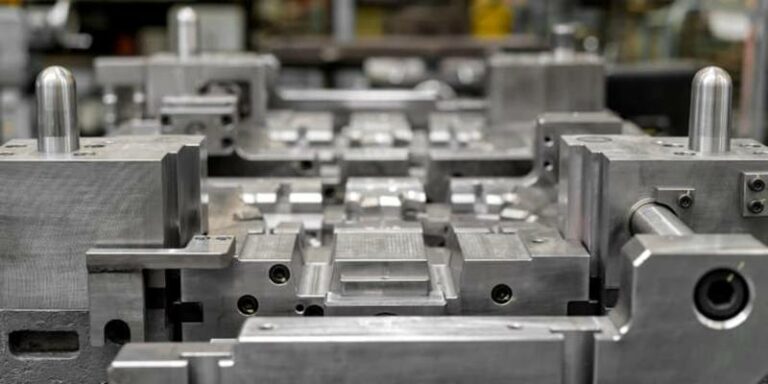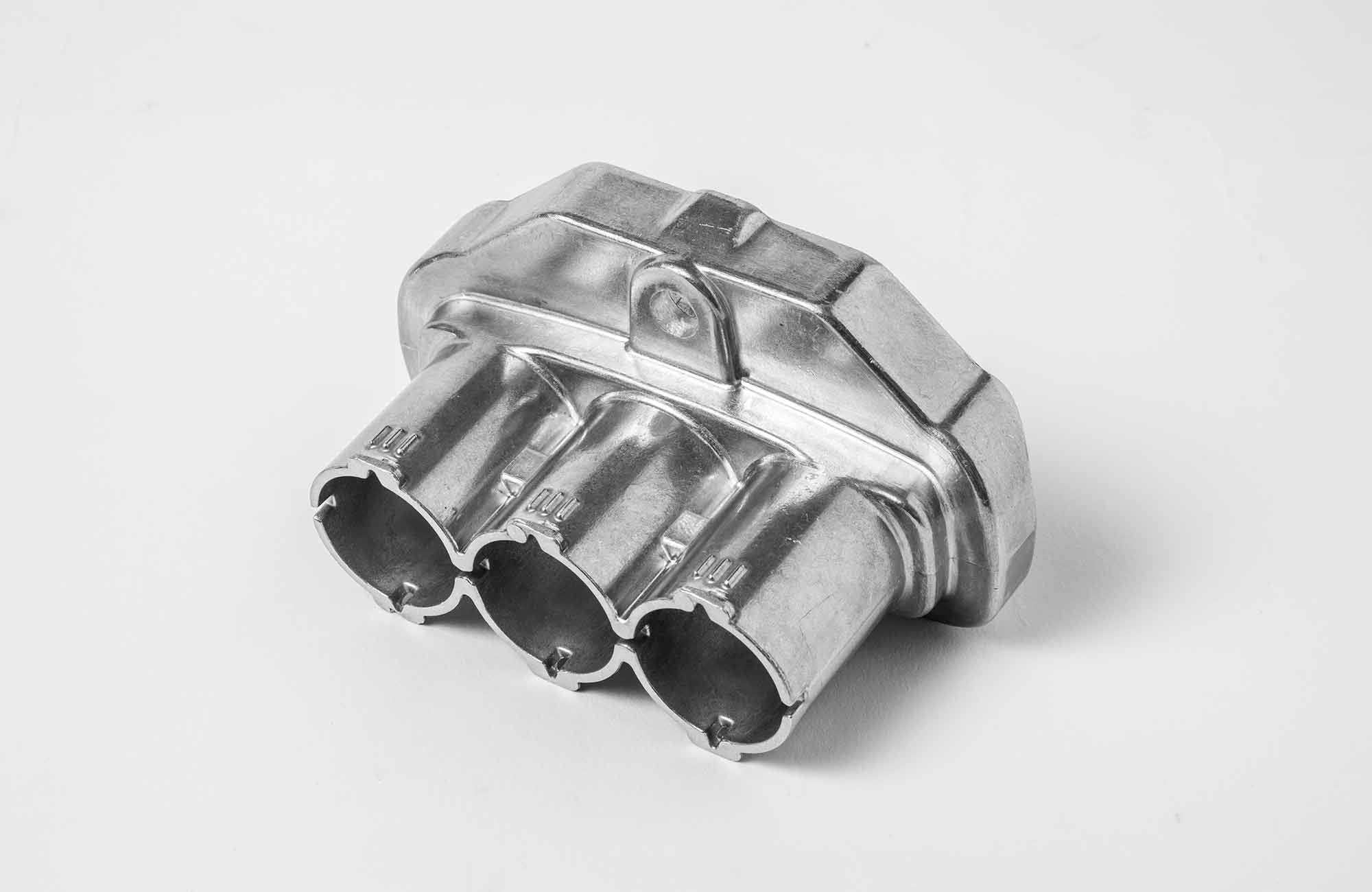The Basic Principles Of Alcast Company
Table of ContentsThe 5-Second Trick For Alcast CompanyNot known Facts About Alcast CompanyNot known Facts About Alcast Company3 Simple Techniques For Alcast CompanyThe Only Guide for Alcast CompanyAll About Alcast Company
The subtle difference depends on the chemical material. Chemical Comparison of Cast Aluminum Alloys Silicon promotes castability by reducing the alloy's melting temperature level and boosting fluidness during casting. It plays a critical role in enabling detailed mold and mildews to be loaded precisely. Furthermore, silicon adds to the alloy's strength and use resistance, making it useful in applications where durability is vital, such as automobile parts and engine components.It also improves the machinability of the alloy, making it simpler to process right into completed products. In this means, iron adds to the general workability of aluminum alloys.
Manganese adds to the stamina of light weight aluminum alloys and enhances workability. Magnesium is a light-weight component that offers toughness and influence resistance to aluminum alloys.
Top Guidelines Of Alcast Company
Zinc enhances the castability of aluminum alloys and helps regulate the solidification process during casting. It boosts the alloy's strength and hardness.

The primary thermal conductivity, tensile stamina, return toughness, and prolongation vary. Amongst the above alloys, A356 has the highest possible thermal conductivity, and A380 and ADC12 have the cheapest.
What Does Alcast Company Do?

In precision casting, 6063 is well-suited for applications where detailed geometries and high-grade surface finishes are paramount. Examples consist of telecommunication enclosures, where the alloy's remarkable formability allows for streamlined and aesthetically pleasing styles while maintaining architectural honesty. In the Lighting Solutions sector, precision-cast 6063 components create elegant and effective lights fixtures that call for intricate shapes and excellent thermal performance.
The A360 shows premium elongation, making it suitable for complicated and thin-walled elements. In precision spreading applications, A360 is fit for markets such as Customer Electronic Devices, Telecommunication, and Power Devices.
Alcast Company Things To Know Before You Buy
Its one-of-a-kind homes make A360 a useful option for accuracy spreading in these sectors, improving item resilience and high quality. Aluminum Casting. Light weight aluminum alloy 380, or A380, is an extensively made use of spreading alloy with numerous distinctive qualities.
In precision casting, aluminum 413 shines in the Consumer Electronics and Power Tools her latest blog industries. It's commonly used to craft detailed parts like smart device real estates, cam bodies, and power tool cases. Its precision is amazing, with tight tolerances up to 0.01 mm, ensuring remarkable item setting up. This alloy's remarkable rust resistance makes it an outstanding choice for exterior applications, ensuring long-lasting, long lasting products in the discussed industries.
Unknown Facts About Alcast Company
The light weight aluminum alloy you choose will substantially impact both the casting process and the properties of the final item. Because of this, you must make your decision carefully and take an educated strategy.
Identifying the most suitable light weight aluminum alloy for your application will indicate evaluating a broad selection of characteristics. These comparative alloy characteristics adhere to the North American Die Spreading Organization's guidelines, and we've split them into 2 groups. The initial classification addresses alloy attributes that impact the production procedure. The 2nd covers qualities impacting the residential or commercial properties of the final item.
Unknown Facts About Alcast Company
The alloy you pick for die casting straight affects several facets of the casting procedure, like how very easy the alloy is to deal with and if it is vulnerable to casting problems. Warm fracturing, likewise known as solidification breaking, is a regular die spreading defect for light weight aluminum alloys that can cause inner or surface-level splits or splits.
Specific aluminum alloys are more vulnerable to hot splitting than others, and your selection must consider this. It can harm both the actors and the die, so you must look for alloys with high anti-soldering residential or commercial properties.
Rust resistance, which is currently a notable attribute of light weight aluminum, can vary considerably from alloy to alloy and is a vital particular to consider depending on the environmental problems your item will be exposed to (Aluminum Castings). Use resistance is one more residential or commercial property typically sought in light weight aluminum items and can differentiate some alloys